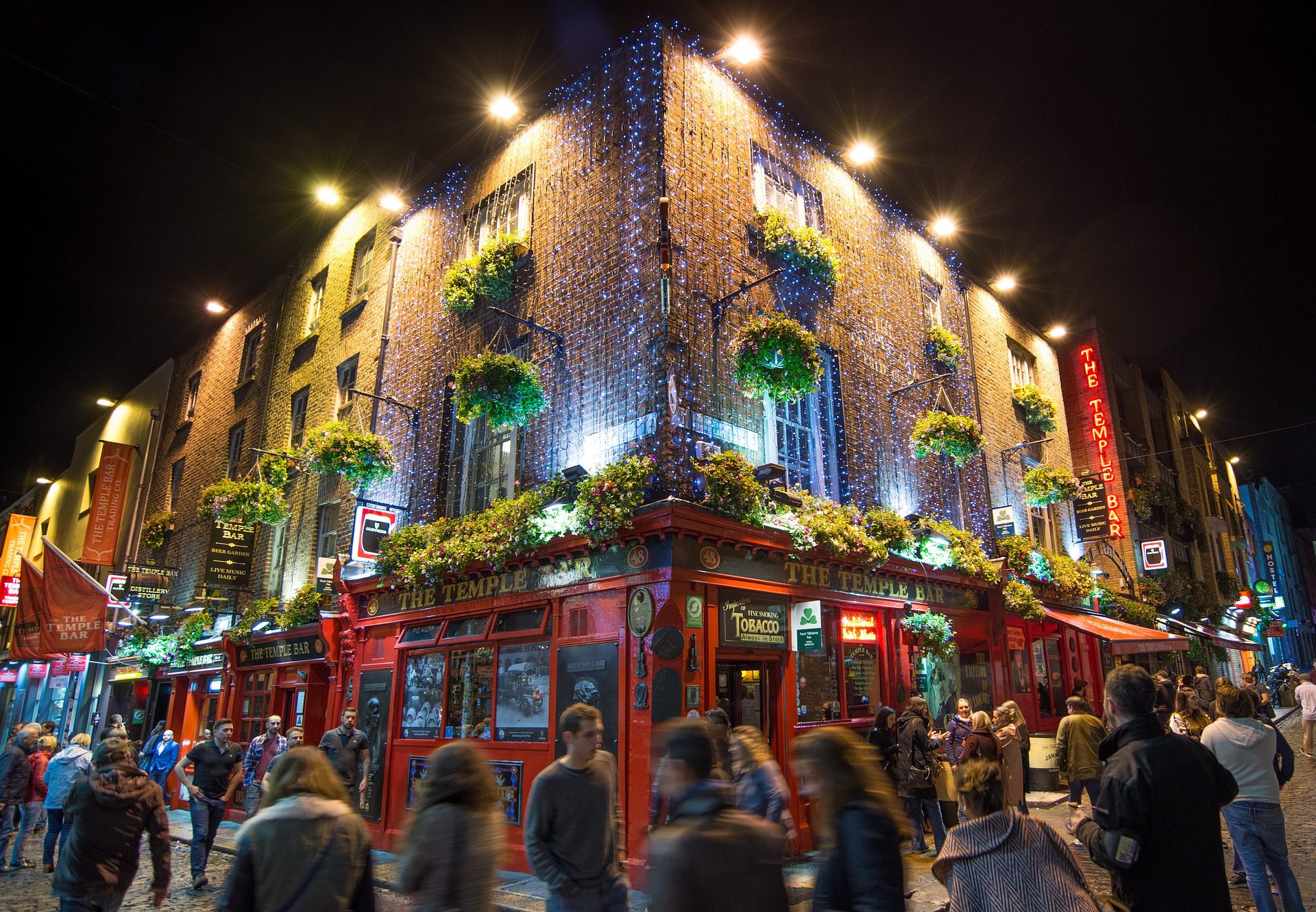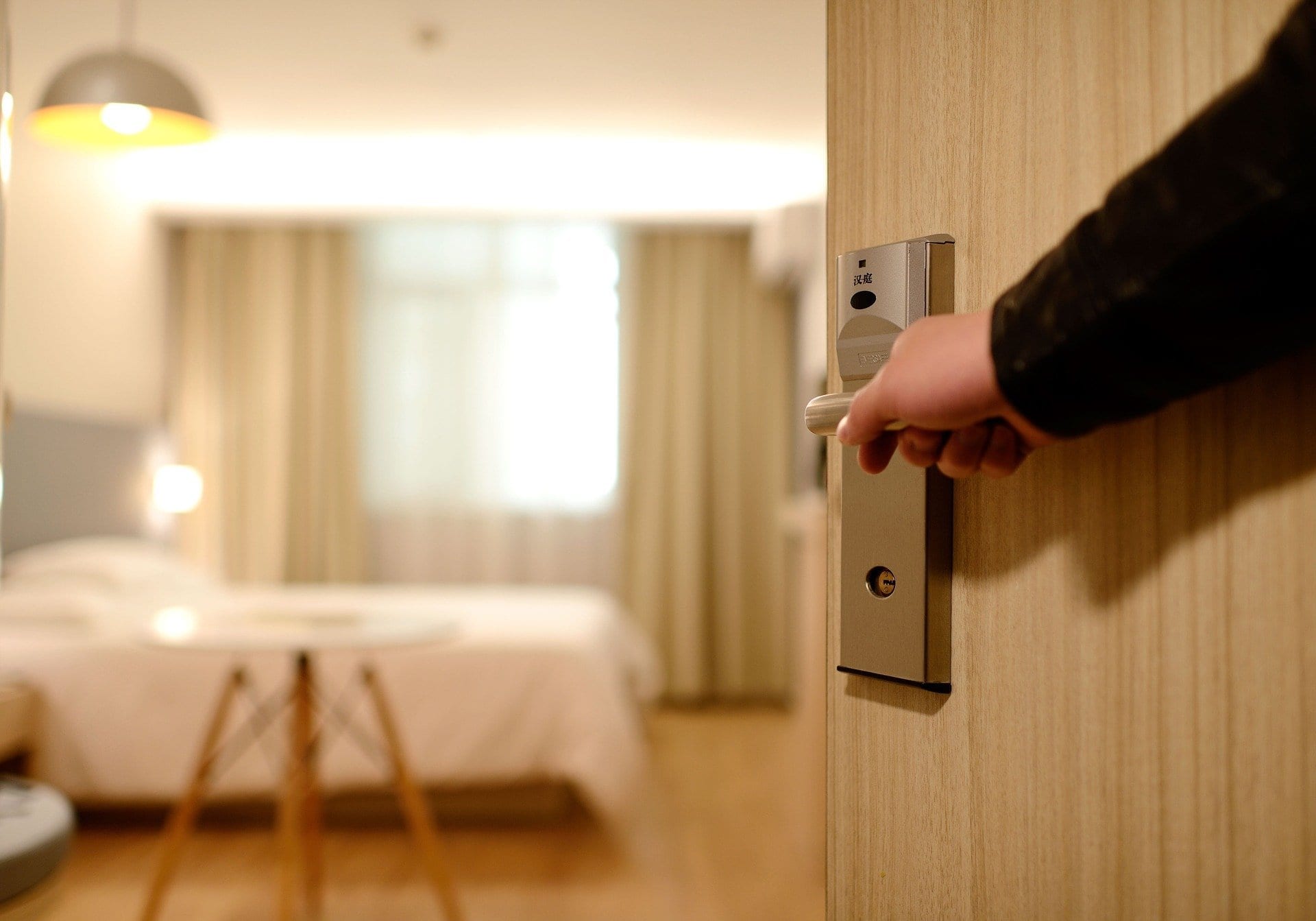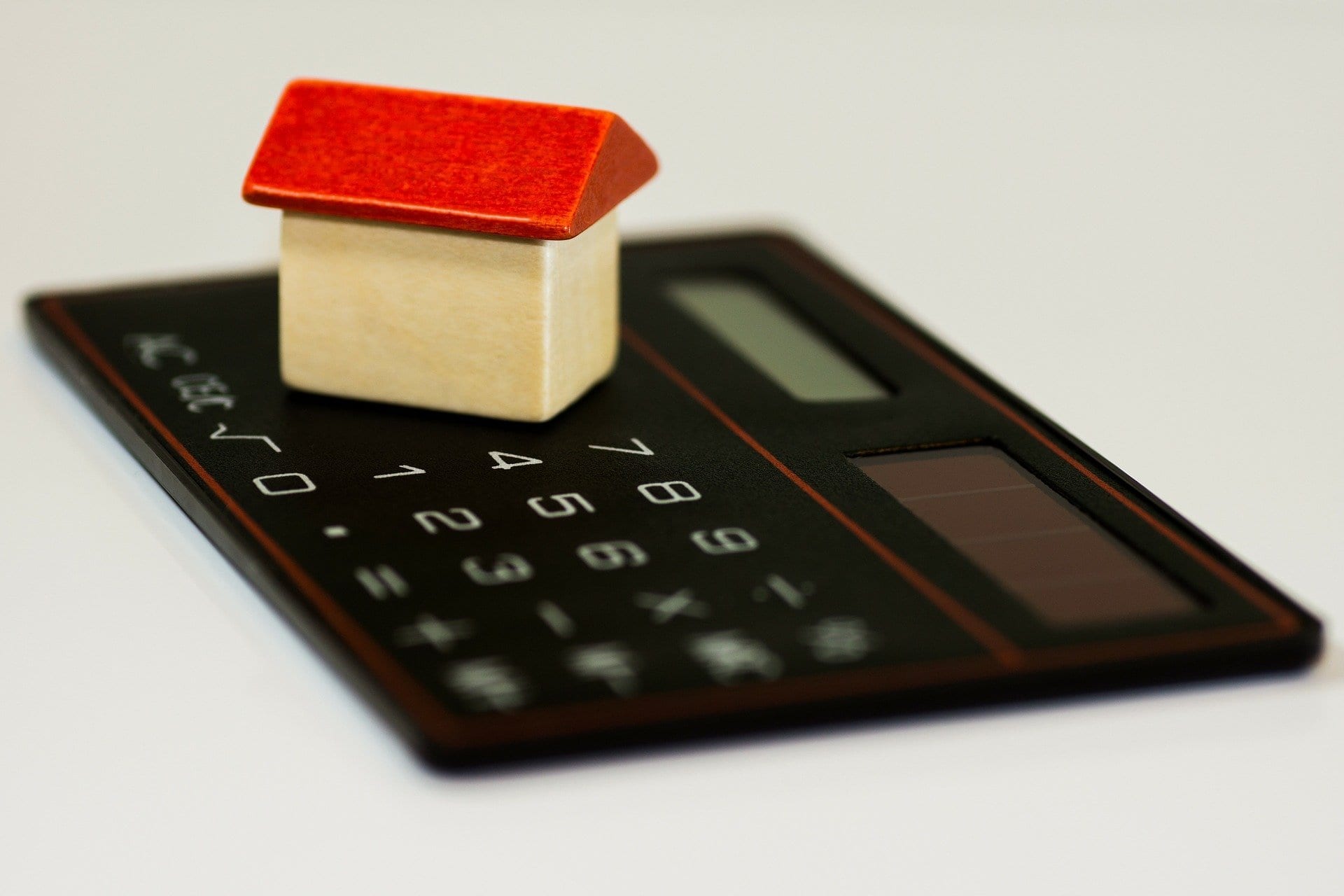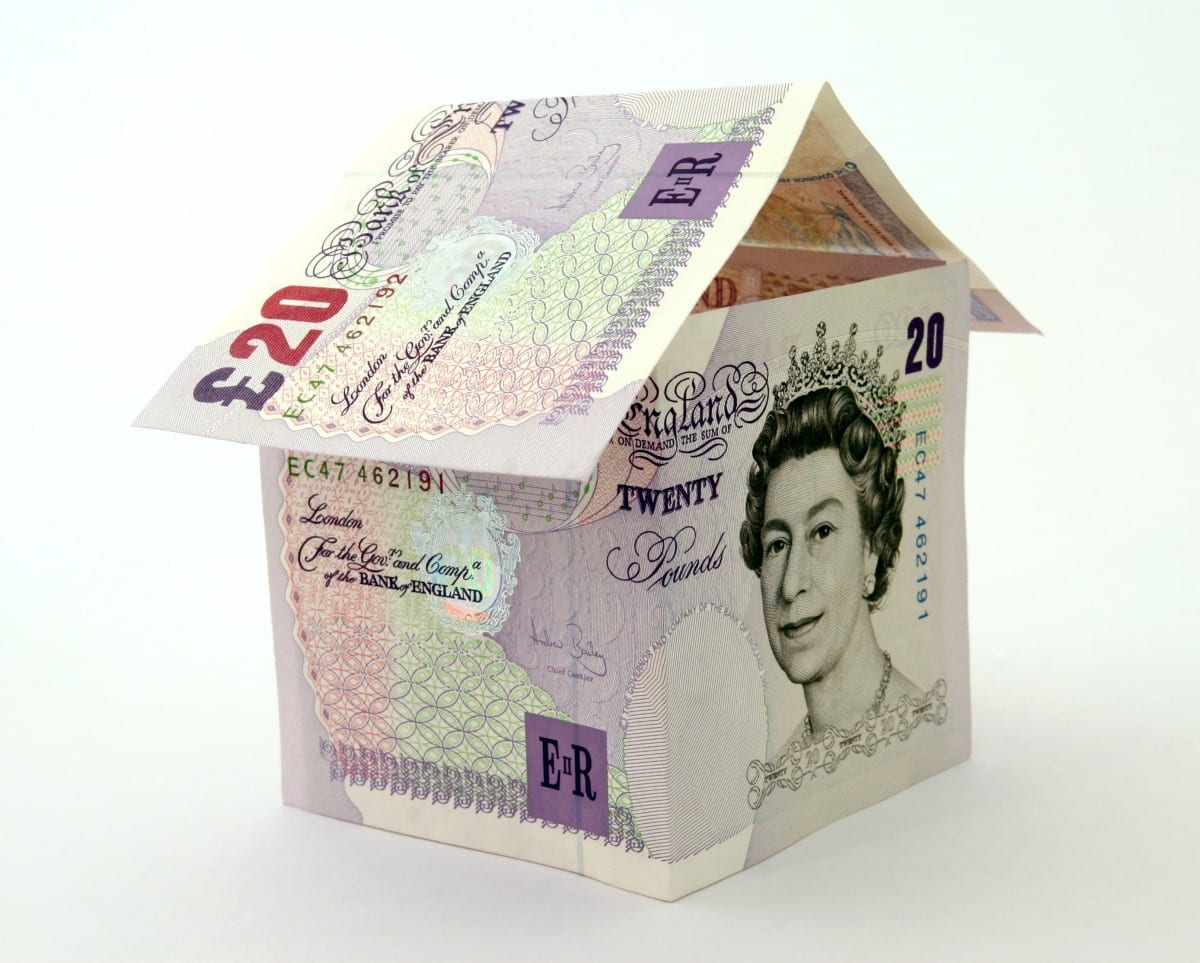

Running a pub can be a fun and exciting career, but ensuring a steady stream of customers isn’t necessarily the easiest thing in the world. There are a number of digital marketing techniques you can use to get more customers through your door.
Digital Presence
Before we get into the active digital marketing of your pub, let’s first take a look at your online presence. Providing a customer experience that is smooth, helpful and optimised is a trend that will continue to grow in 2023 as technology continually develops and supports customer-focused digital interactions.
Website
Your website is your digital storefront and lets your potential customers know what they can expect when they visit your pub. Whether you’re a sports bar that plays live football matches, a riverside pub ideal for a quiet drink, a family-friendly pub restaurant or an LGBTQ+ bar, your website visitors should be able to tell what kind of venue you are and what kind of evening they can expect if they go to your pub.
Your website can also help your customers get in touch with you, either by phone, email, live chat or an automated reservation system.
Your website is also likely to be the destination of much of your online marketing activity, so it’s good to have your website ready for any traffic you send its way.
Social media
A social media presence is virtually expected of businesses these days. In the case of pubs, customers want to see what’s going on at the pub, if any themed nights are coming up or any special promotions, what the venue looks like and ask any questions, such as if your pub is appropriate for a family meal with children.
Social media profiles can also direct your customers to your website, take bookings, show opening times, let a customer chat with you and show which of their friends also like, follow or otherwise interact with that pub.
Google My Business
This is a really simple but important digital estate to look after. Sharing your opening times, address, website and contact details with Google My Business makes it so much easier for Google to give your potential customers accurate information about your business.
It helps your customers find their way to you, find out when you’re open, reserve a table, see your reviews, get in touch with you, and more, all from the Google search results page.
Digital Marketing
Social media
Social media is what first springs to mind when people think of digital marketing, and for good reason: it’s accessible for pub owners, it reaches your audience wherever they are and it can be free. Yes, you can also choose to advertise on social media if you like, but there’s no need to pay to use social media if you don’t want to. Social media gives you a chance to chat and engage with your customer base even when they’re not in your pub.
Social media platforms
There are many social media platforms available these days and it’s certainly not a stagnant channel – there’s always a new platform or feature. Try not to get overwhelmed by the options.
Instead, focus on your audience – what social media platforms do they use? This is where you need to focus your attention. Facebook is almost expected so it’s likely your audience will want your pub to have a Facebook profile, but would they also look for, and interact with, you on Instagram, Twitter or TikTok? You may be able to use Facebook groups local to your pub, just be mindful of the group rules otherwise you may be removed by the admin.
A recent phenomenon that shows no signs of slowing is videos on TikTok being recreated, such as the Blinding Lights dance routine popularised during the pandemic and recently “Dance With My Hands” from Netflix’s Wednesday series. Recreating these videos can boost your brand’s visibility, and the ones that perform well add a unique twist to the original. These videos are not limited to TikTok and are spread across the digital ecosystem, so your content isn’t bound to one platform; Instagram, Facebook and Twitter have all adopted Reels (short-form videos) as a result of TikTok’s influence.
Social media content
After deciding on which platform(s) you’ll target, you should consider what kinds of content you’ll share. This will be partially determined by what kind of content your audience want, as well as the platform(s) you’ve chosen. There has been a shift towards simple, clear messaging recently, which is a trend that will continue in 2023.
Videos and photos go down well with audiences and showing the human side of your business is almost always a winner. Try to be personable and make genuine connections with your audience, rather than just pushing promotions at them.
Offers and discounts mixed in with other content such as videos of live performances or ‘meet-the-team’ snippets work well, as well as behind-the-scenes shots; it’s all about finding the right balance for your audience.
You can also share (with permission) photos or videos that your customers have taken while at your pub; this adds a layer of authenticity to your messaging that you can’t achieve on your own, and is known as user-generated content.
You can also use social media to tell people about new food and drinks that you’ll be doing, and upcoming entertainment, such as an open mic night, a live band, quizzes, sports games or cabaret performances.
You could run social media competitions where, for example, you ask your customers to comment on your post with their favourite photo or video from your pub for the chance to win a bar tab of £50. Your customers’ friends and followers will see their media comments on your post and your brand will be put right in front of them, promoting your business for a very modest fee.
Other uses for social media
An oft-overlooked use of social media is for research; you can use it to keep an eye on your what your competition is doing and, perhaps more importantly, how their audience is reacting to it. Are they doing something particularly well that you can recreate (without directly copying – you should always put your own spin on it), or did they try something that fell flat? Sometimes, your competitors take risks that you can learn from to make your business better.
Make your place social media friendly, for example, a feature wall full of curious quotes or unusual objects that may urge people to take a photo and post it to their own social channels, tagging your pub. You could also make the food and even the drinks you serve Instagrammable – think of The Alchemist, their customers love to take videos of their drinks bubbling away or changing colours and post that to social media. A well-presented plate can have the same effect.
Reviews
Encourage your regulars and other customers to leave reviews, whether this is on social media, on Google or dedicated review sites such as TripAdvisor. You could have cards printed with QR codes on them to make it easier for your customers to get to your go-to review destination.
Reviews aren’t just one-way though: be sure to reply to the people who leave you reviews so that other people see that you’re present and care about your customers. This means thanking people for their positive reviews and hoping you see them again soon, and addressing any less-than-positive reviews. These interactions can really help to build relationships in the long term.
Influencer marketing
If you’re running a 1-site pub, or perhaps even a small chain of pubs, you may think influencer marketing isn’t for you, but local influencer marketing can have a real impact.
If you were to take this route, you’d want someone (or multiple someones) that is already a loyal customer, is active on social media and has a large following – either larger than yours or has access to a particular audience demographic that you’d like to target.
You could also consider local influencers that aren’t customers yet but with whom there is a natural resonance, i.e. it wouldn’t be unexpected for them to promote your business. People don’t like being sold to, so influencer marketing works best when it feels genuine – when it’s like one friend would say something like “this pub has a great vibe and they do amazing cocktails” to another friend in casual conversation. Influencer marketing should feel genuine and not forced.
You can find influencers by searching Instagram for hashtags relevant to your industry and in your area, such as #pub, #beergarden and #cocktailhour.
You can also use hashtags in your own social media posts (although, please, not on Facebook) to help people discover your pub.
Influencer marketing is a two-way street – they won’t just do it for nothing. You’ll have to arrange an agreement with them where they benefit in some way, this could be a simple payment or could be a barter system where you give them a discount or free food/drinks. This should all be set up and agreed upon before they start their work.
Start a blog
A blog may be an unusual approach for a pub, but it can help set you apart, and a regularly-updated blog can help boost your search rankings and, subsequently, traffic to your website.
If you decide to start a blog, be sure to keep it updated regularly, at least one new article a month and, after a year or two, it’s a good idea to see if any of your older blogs can be brought up-to-date.
Some pub-related blog topics include:
- Differences between beer, lager and ale
- History of particular drinks
- How did darts become a pub favourite?
- The science behind cocktails
- How do pubs accommodate customers doing Dry January (beyond Coke and water!)?
- Why has the pub quiz remained a British staple?
- Celebrating pub landlords and ladies from film and TV
- What’s it like owning and running a pub?
Paid Digital
Organic marketing is great because it’s free (or very low cost) and can be genuinely fun to work on, however, if you’re looking for some quicker results, you can always pay to advertise. There are a few ways you can go about this:
Paid Search can place you in a prominent position on search engine results pages (SERPs) and can be tailored so you only appear against relevant keywords, i.e. your ad will appear if people search for “pubs near [location]” but not for “family days out in [location]”.
Paid Social works in a few different ways and can be as simple as boosting one of your existing social media posts to a new audience. You can even specify the type of person they’ll reach – their age, location, interests, behaviours etc.
Influencer Marketing has been mentioned in detail above but is worth highlighting again here. Using local influencers can highlight your pub to certain groups of people and can be a cost-effective way of promoting your pub.
Metrics
For any digital marketing activity you undertake, you can track it. You can track clicks from social media, search engines and any paid activity if it’s going to your website – read here for more information on how to do this. You can also look at how people navigate your website once they’re there.
If you’re considering buying and running your own pub, get in touch with a member of our skilled and experienced team who are on hand to help you discover your dream pub.



